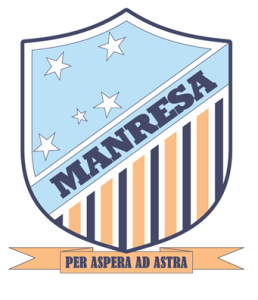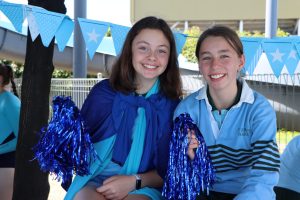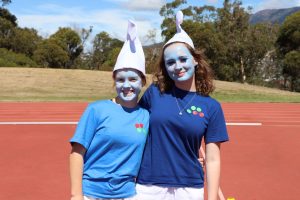Manresa House
History: The origin of the name Manresa House comes to us through the anecdotal evidence of the Sisters. At some time in the history of St Mary’s College, prior to 1920, a Jesuit priest led a spiritual retreat with the Presentation Sisters in Hobart. The Jesuit Order was established in Paris in 1540 by Ignatius of Loyola and others. Ignatius was born in Spain and spent some months in his life at a town called Manresa. He is famous for having prayed and meditated in a cave at Manresa, where he also wrote his Spiritual Exercises.
Manresa House was named in deference to the spirituality referred to by this Jesuit Chaplain with the Sisters in Hobart. The Presentation and Jesuit ministries share a common mission of education and of taking their spirituality out into the world, as well as the vows of poverty, chastity and obedience. Both ministries place themselves under the patronage of the Blessed Virgin Mary.
Spirit: Manresa House members realise and promote the value of hard work not only for themselves but for others. They try to promote to others in the school that working hard with a strong ambition to succeed can help them achieve their highest goals, whatever these may be for each individual. In the spirit of Nano Nagle and of Ignatius Loyola, Manresa members are thoughtful, value their education and try to help those around them.
Colour: Blue
Value: Kindness and thoughtfulness
Motto: The Latin motto on the flag reads PER ASPERA AD ASTRA, meaning “Work Hard to Reach the Stars.”
Nano Nagle Quote: “Love one another, as you have always done”
Prayer: Loving God, our motto encourages us to work hard to reach the stars. We cannot do this alone and recognise that we depend on all those in our lives. We pray for our family, friends and teachers whose love and belief in us, give us confidence to reach beyond our boundaries. With your help, may we continue to be surprised at where this trust will take us. Amen.




